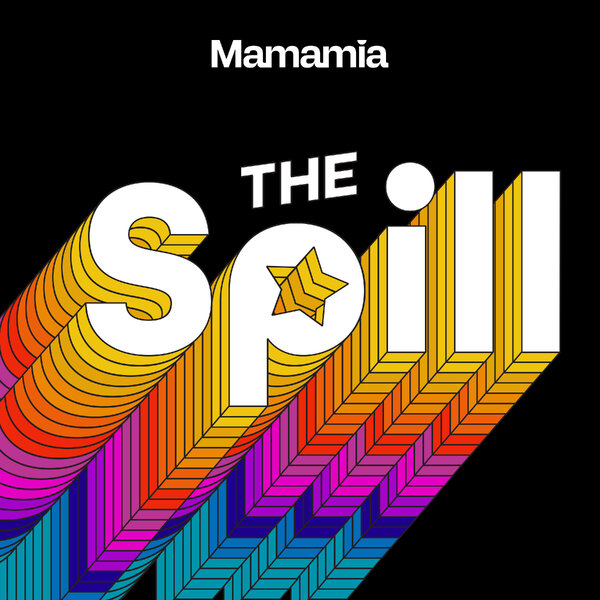Imagine this.
You are a bright young female celebrity, emerging from years of training, struggles, and blink-and-you’ll-miss-it roles to break out onto the international scene. You’re famous. You’re beautiful. You’re young, but tough; and the future is spread out in front of you for the taking.
And then you get the phone call. It’s a leading fashion magazine, and they want to put you on the cover. Yes, YOU. The shoot goes well – albeit slightly uncomfortable – and they take you out for lunch to speak with one of their leading journalists, who will be profiling you.
He’s older, approaching 50. You sit down, and he compliments your beauty. You feel, once again, slightly uncomfortable, but he’s held in high esteem so you put on your best smile and turn up the charm. Weeks later when you read the article, your skin crawls. It’s not what he said, but how he said it – the tone of his piece is leery, and patronising, and over sexualising what you thought was meant to be a conversation about your career.
You’re disappointed. But what were you expecting?
In recent months, we have seen a spate of high-profile male journalists come under fire for the tone of their interview profiles.
From Rich Cohen’s widely-panned piece on Margot Robbie for Vanity Fair, to this week’s Vogue interview with Selena Gomez by Rob Haskell, a similar narrative is emerging: older man profiles younger woman, and something just doesn’t feel right.




Top Comments
ALL OF THE PENDING!
Gimme mah goddamned validation. Got the DTs.
That Vanity Fair article about Margot Robbie was one of the most absurd and revolting articles I have ever read. I can't believe an editor published it.